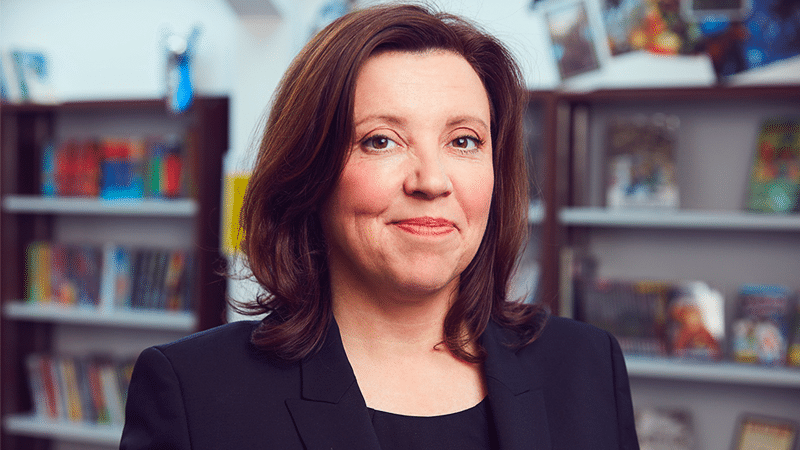A report sharing children’s opinions on assisted suicide has been released by England’s Children’s Commissioner.
Dame Rachel de Souza explained that children are concerned about the issue, and that it is her role to make sure their voices are heard as Kim Leadbeater’s Terminally Ill Adults (End of Life) Bill progresses through Parliament. The report features the perspectives of young people with additional needs.
In its current form, the Bill would allow medical professionals to discuss assisted suicide with young people approaching their 18th birthday in England and Wales who are deemed to be terminally ill.
Valuing lives
The Children’s Commissioner stated: “The Bill currently before Parliament seeks to legalise assisted dying for terminally ill adults or adults living with life-limiting conditions. Though the proposed legislation applies only to those over the age of 18, its implications for children — especially those nearing legal adulthood — are undeniable.”
She continued: “Many people have rightly highlighted concerns about the potential pressures such legislation could place on disabled people, and the message it might send about whose lives are considered worth living, fostering a sense that some lives have ‘less’ value than others.”
She added: “Children experience the world differently from adults – but they understand the inherent inequality and risk in allowing judgements to be made about the value of one life over another.”
Children’s concerns
One 15-year-old girl commented in the report that, as she has a hidden disability, the thought of the Bill becoming law makes her feel more vulnerable. She said: “I don’t agree with assisted dying. I think it’s cruel and makes me feel like some lives are more valuable than others.”
Another girl shared: “If a person was that close to end of life, they will have pain medication, and they will struggle to think clearly. It just clouds your brain when you’re on pain medication.”
A 16-year-old added her concern that “at the moment it’s just for over 18s, but could it turn into this way of where you draw the line.”
Another suggested: “What if it ends up removing people from society that people don’t want in society?”
Psychiatrists’ concerns
Kim Leadbeater’s assisted suicide Bill has been dealt another blow after the Royal College of Psychiatrists (RCPsych) announced it cannot support it.
In a statement, RCPsych outlined a number of concerns, and said that “Assisted dying/Assisted suicide (AD/AS) is not a treatment”, adding: “AD/AS does not aim to improve a person’s health and its intended consequence is death. The Bill does not specify whether AD/AS is considered a treatment option and this ambiguity has major implications in law in England and Wales. Should this Bill proceed, it should be explicit that AD/AS is not a treatment option.”
It also highlighted that terminal illness is a known risk factor for suicide, explaining: “If this Bill proceeds in England and Wales, any role a psychiatrist plays in an AD/AS process should be consistent with the core duties of the profession, including determining whether a person’s wish to die can be remedied or treated.”
Killing thousands could save NHS millions, Govt estimates
Leadbeater’s assisted suicide Bill ‘not compatible’ with human rights
Labour MPs urge colleagues to reject Leadbeater’s ‘dangerous’ assisted suicide Bill
RC Archbishop: ‘Assisted suicide Bill could create a national death service’


